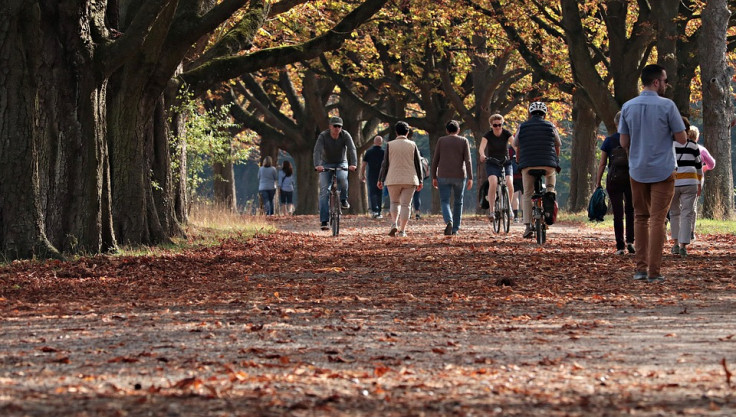How are you feeling? Smartphone sensors that analyse mobility behaviour can hold the answer
Researchers measured various kinds of mobility behaviour such as total distance covered, number of locations visited, and also time spent in transit.
Science dictates that walking, running, and other forms of physical activity contribute to your overall well-being. But what about if you are not the usually active kind of individual, could there be a chance that you may be as well? A group of scientists came up with smartphone sensors, which could measure mobility and assess your overall well-being.
The research titled, "Investigating the Relationships Between Mobility Behaviours and Indicators of Subjective Well‐Being Using Smartphone‐Based Experience Sampling and GPS Tracking" published in the European Journal of Personality, carried out by researchers from the Data Science Institute at Columbia, examined the link between mobility behaviour and well-being. The researchers measured various kinds of mobility behaviour such as total distance covered, number of locations visited, and also time spent in transit. Some factors of well-being, which they likewise measured include loneliness, stress, and depression.
Sandrine Muller, lead researcher and a Data Science Institute postdoctoral research fellow, along with other researchers, examined 2,319 psychology students from a university in the US. Data assessed included the GPS data and the questionnaire filled out by the students.
At the start of the study, researchers collected the reports of students, which indicated their level of depression and loneliness. The students then made use of their smartphones to answer questions on anxiety, stress, and energy levels. They were made to answer four times a day for a period of two weeks.
The researchers then collected GPS data and transformed the data into measures of mobility behaviour. The three mobility patterns utilised by researchers include distance, entropy, and routine. For distance, they measured the behaviours that were related to the distance that a person traveled. For entropy, they measured how much time was spent by a person in various places. For routine, the regularity of the mobility patterns of an individual came into play.
Correlating the GPS data and well-being of scores of participants, the researchers found that one's mobility is related to a person's well-being on a daily basis, and also for a longer period of time. Muller stated that the results of their study would show that mobility behaviour of a person is not only important in understanding how individuals feel on a particular day, but it could also predict how people would feel across a longer period of time.
"There's potential for learning individual patterns and showing that on the days where people go to certain places, they feel better. By giving them suggestions to try certain things, we can try to make them feel better," said Muller.
© Copyright IBTimes 2025. All rights reserved.






















